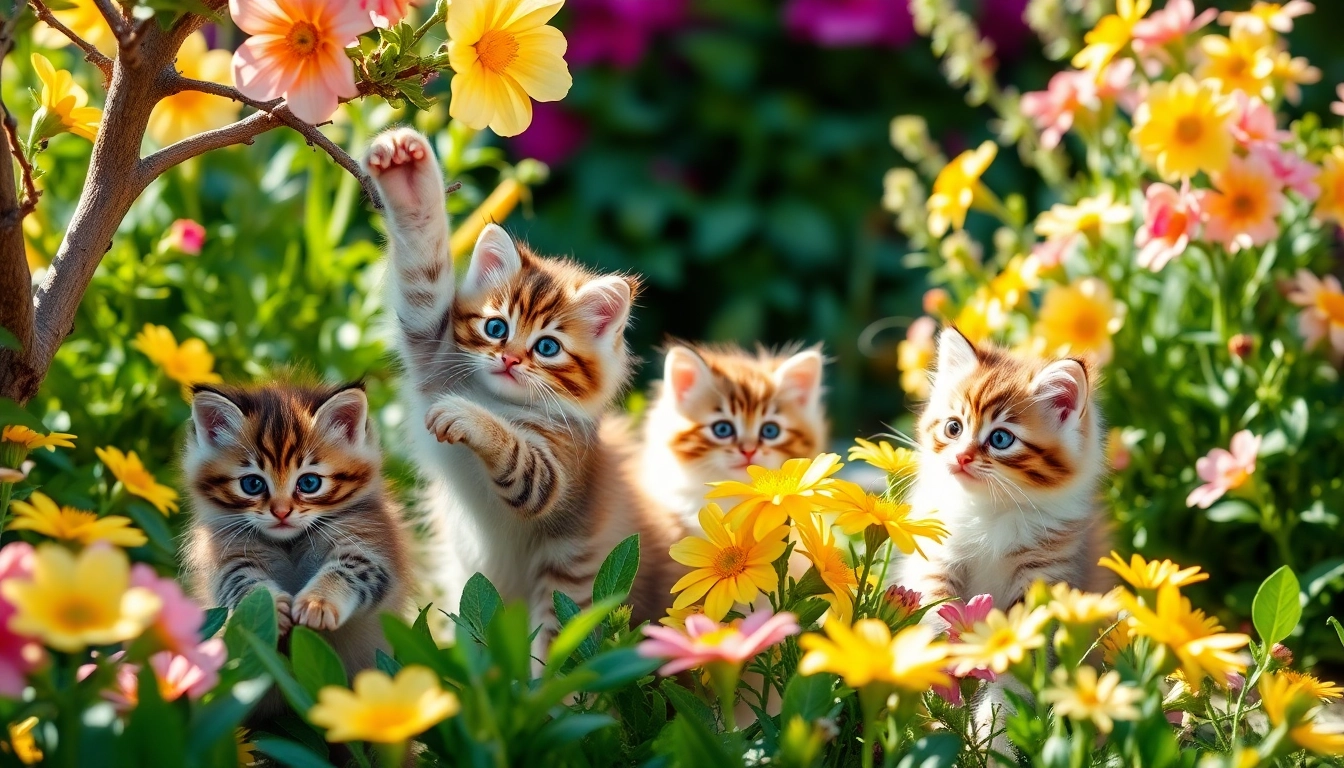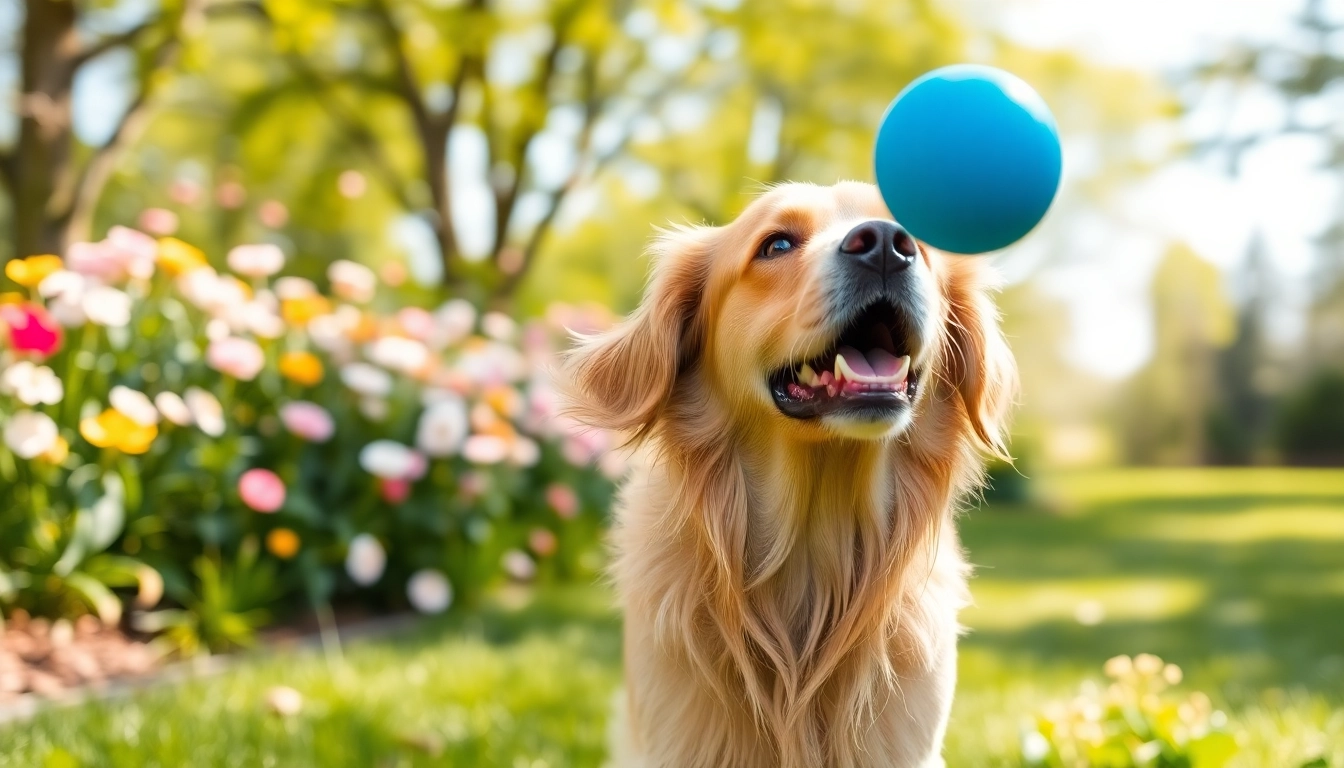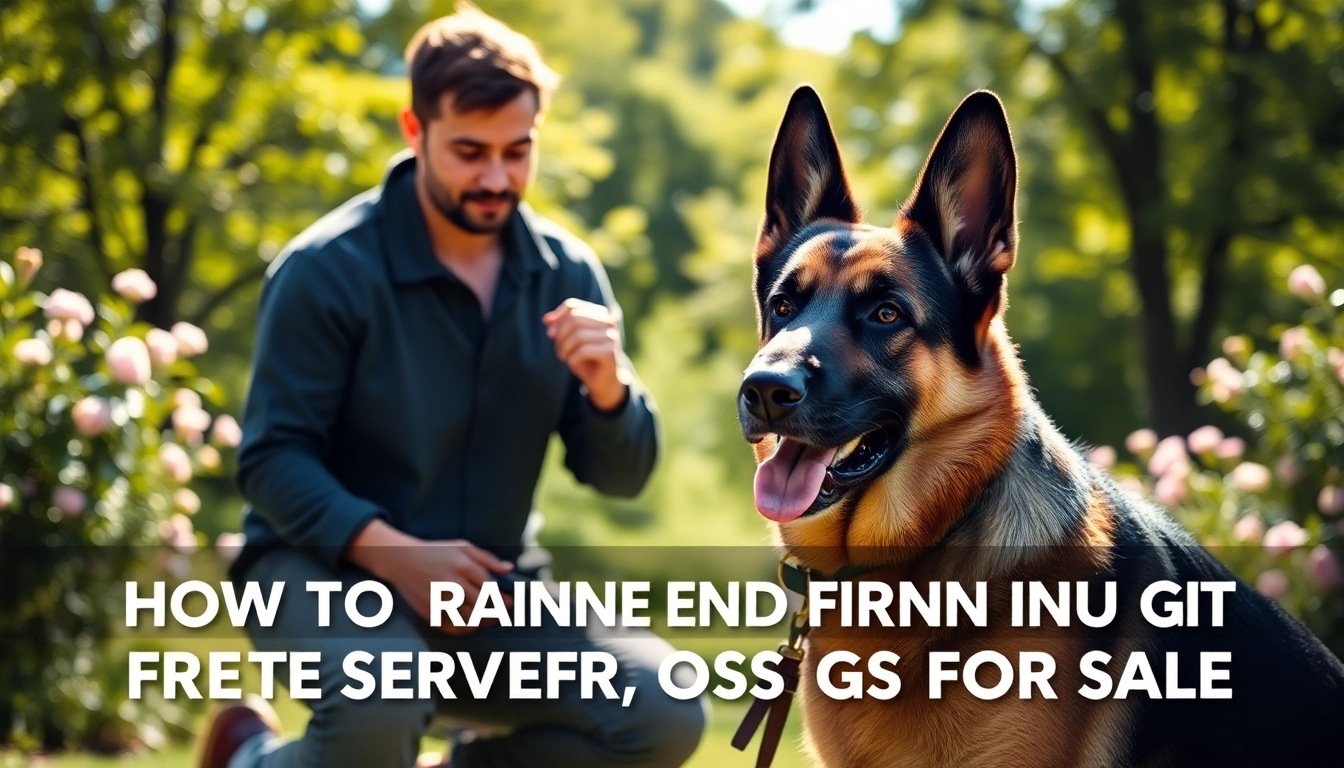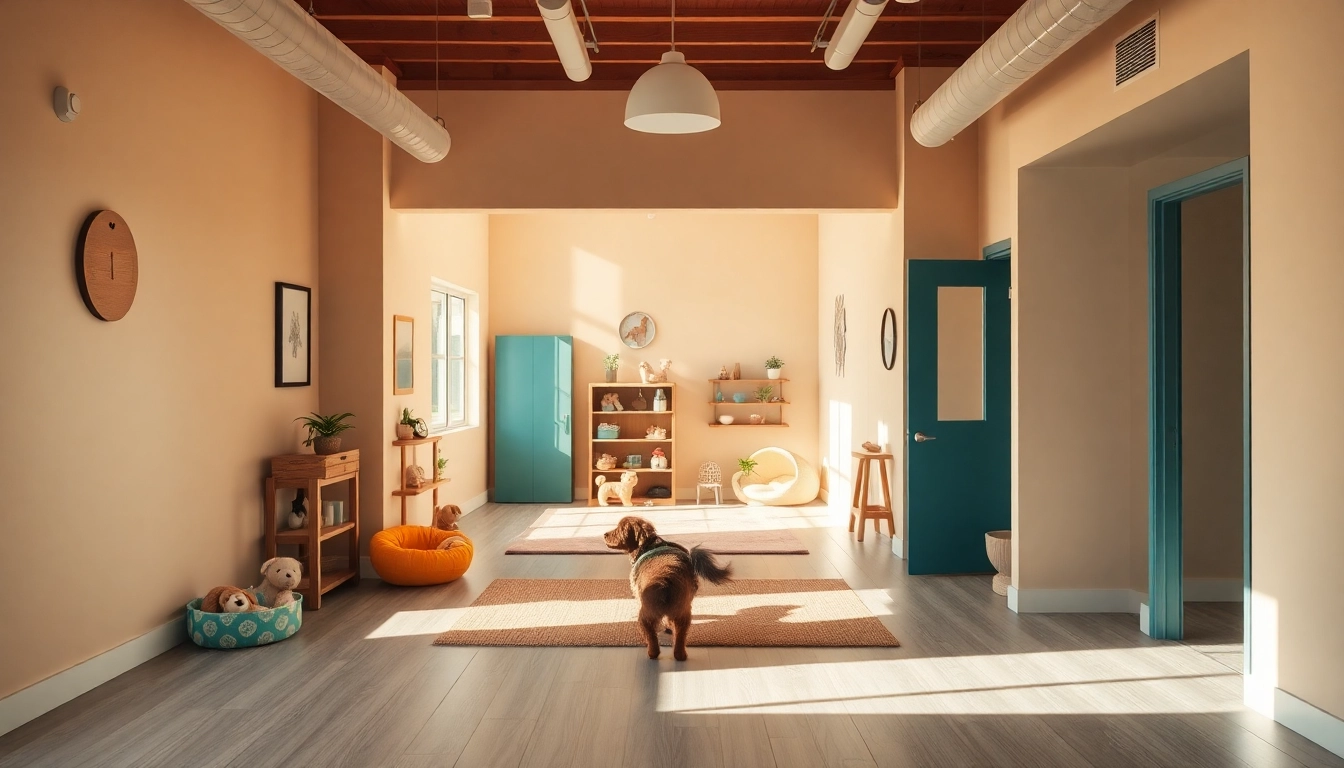Understanding the Maine Coon Breed
History and Origins of Maine Coons
The Maine Coon cat is one of the oldest natural breeds in North America, believed to have developed in the northeastern United States. They likely descended from domestic cats brought over by seafarers in the 19th century. The breed’s name pays homage to the state of Maine, where it is recognized as the official state cat. Early accounts of these felines describe them as majestic, large, and highly sociable, attributes they maintain to this day.
There are several fascinating theories regarding their origins. One popular myth suggests that they are descendants of cats owned by Marie Antoinette, who were shipped to America for safety during the French Revolution. However, most historians agree that their development is a direct result of adapting to the harsh conditions of the Maine environment. Their thick fur and tufted ears, for example, are ideal for insulating against cold temperatures and trapping heat.
Characteristics of Maine Coon Kittens
Maine Coon kittens are known for their distinctive physical attributes and delightful personalities. They often possess a robust build, with broad chests and muscular bodies, which contribute to their impressive stature as adults. Kittens typically have large ears with tufts at the tips, bushy tails, and long, flowing fur that can come in a variety of colors and patterns.
Aside from their physical features, Maine Coon kittens are recognized for their intelligence and playfulness. They exhibit a friendly demeanor, often forming strong bonds with their human companions. Their social nature makes them excellent family pets, getting along well with children and other animals alike. One defining characteristic of this breed is their playful behavior that continues well into adulthood, which keeps playtime engaging and fun.
Why Choose Maine Coons as Pets?
The Maine Coon is often lauded as the gentle giant of the feline world. Their affectionate nature, coupled with a friendly disposition, makes them exceptional companions. Unlike some cat breeds that prefer solitude, Maine Coons thrive on interaction and engage in playful activities with their owners, further enhancing their appeal as pets. Their sociable nature makes them adaptable, fitting seamlessly into various living situations, whether in singles, couples, or families with children.
Moreover, Maine Coons are often seen as low-maintenance pets due to their robust health and hardiness. They can adapt well to indoor living, but should also have access to the outdoors to explore their natural instincts safely. This ability to balance indoor and outdoor life adds to their versatility as pets.
Finding Maine Coon Kittens for Sale in California
Where to Look for Reputable Breeders
If you’re searching for Maine Coon kittens for sale California, it’s imperative to find a reputable breeder who follows ethical breeding practices. Start by researching breeders online and visiting catteries if possible. Look for breeders who are registered with organizations like The International Cat Association (TICA) or the Cat Fanciers’ Association (CFA), as this means they adhere to certain breeding standards.
Social media platforms and forums dedicated to cat enthusiasts can be excellent resources for finding recommendations. Always ensure that the breeding environment is clean, and that the kittens appear healthy and well-socialized. Don’t hesitate to ask potential breeders about their cats’ lineage and health history, as responsible breeders prioritize transparency in their practices.
What to Expect When Buying a Kitten
Purchasing a Maine Coon kitten is an exciting endeavor, but it’s important to approach it with the right expectations. When you first visit a cattery, observe how the kittens interact with their environment, including other cats and humans. A well-bred kitten should be curious, playful, and not overly shy or aggressive.
Most reputable breeders will also provide you with information regarding the kitten’s vaccinations and health check. Expect a contract that outlines the terms of sale, including health guarantees and return policies if needed. Be prepared for the associated costs of adoption, which may include initial vaccinations, spaying or neutering, and potential registration fees. Understanding these factors will help you make an informed decision as you embark on the journey of adding a kitten to your home.
Understanding Ethical Breeding Practices
Ethical breeding practices are vital to ensuring the health and well-being of Maine Coon kittens. Ethical breeders prioritize the health of their cats, performing health screenings to avoid hereditary issues, which can be common in Maine Coons, such as hypertrophic cardiomyopathy (HCM) and hip dysplasia.
Responsible breeders will also adhere to appropriate breeding techniques, ensuring that they do not inbreed or breed cats that may pass on health complications. The empathy they show towards their pets reflects their commitment to improving the breed overall. It’s important to ask questions regarding their breeding practices, health screenings, and how they socialize their kittens. By choosing an ethical breeder, you contribute to the betterment of the Maine Coon breed.
Caring for Your Maine Coon Kitten
Essential Supplies for Your New Kitten
As you prepare to welcome a Maine Coon kitten into your home, assembling the necessary supplies will set the stage for a smooth transition. Essential items include a high-quality litter box, food and water dishes, premium kitten food, and a comfortable bed. Providing a variety of toys will also keep your new kitten engaged and help with their natural instincts to play and explore.
Additionally, consider investing in a scratching post to protect your furniture and walls. Maine Coons are known for their playful and inquisitive nature, so providing ample space and stimulating items will be beneficial for their development. A cat carrier is also important for safe transportation during vet visits. Lastly, grooming supplies, including brushes and nail clippers, should be part of your initial kit, as Maine Coons need regular grooming due to their long fur.
Feeding Guidelines for Healthy Growth
Nutrition plays a critical role in the healthy growth and development of Maine Coon kittens. When selecting food, look for high-quality, protein-rich kitten formulas since they require more calories than adult cats to support their rapid growth. The food should also contain essential vitamins and minerals for optimal health.
Maine Coon kittens benefit from a balanced diet that includes both wet and dry food, which aids hydration and dental health. Consult with your veterinarian to set a proper feeding schedule and portions that align with your kitten’s age and weight. Being attentive to their dietary needs will foster healthy growth and ensure they develop into strong, adult cats.
Socialization and Training Tips
Socialization is key in helping Maine Coon kittens develop into well-adjusted adults. Start socializing your kitten from a young age by exposing them to various environments, sounds, and people. Frequent handling and gentle interactions will foster trust and help prevent behavioral issues later on.
Training should start early, focusing on simple commands and litter training. Maine Coons are intelligent and can learn quickly; consider using positive reinforcement techniques to encourage good behavior. Providing them with mental stimulation through puzzles or interactive toys can further enhance their cognitive abilities and keep them engaged. Establishing a routine will help your kitten feel settled and understand what to expect day by day.
Health Considerations for Maine Coons
Common Health Issues in Maine Coon Kittens
Maine Coon kittens are generally robust, but like all breeds, they can be susceptible to certain health issues. Hypertrophic cardiomyopathy (HCM) is a common genetic condition affecting cats, particularly in Maine Coons. It results in the thickening of the heart muscle, which can lead to severe complications if untreated. Regular veterinary check-ups are essential to monitor heart health.
Hip dysplasia can also affect this breed, causing discomfort and mobility issues as they age. Keeping your Maine Coon at a healthy weight can mitigate the risk of joint-related problems. Regular exercise and a balanced diet are key components in maintaining their overall health and preventing obesity, which can exacerbate underlying conditions.
Preventive Health Care and Vaccinations
Preventive health care is crucial for every Maine Coon kitten. Kittens should receive their vaccinations in a timely manner to protect them from harmful diseases such as feline distemper and feline viral respiratory disease. Most veterinarians recommend a series of shots beginning at about six to eight weeks of age.
Regular health check-ups will ensure that any potential health issues are caught early. Discuss nutrition, weight management, and dental care during these visits. Your veterinarian can also recommend spaying or neutering, which is generally advised to help control the pet population and reduce health risks associated with certain cancers.
Finding a Veterinary Specialist for Maine Coons
Choosing the right veterinarian is critical for maintaining your Maine Coon’s health throughout its life. Finding a veterinarian who has experience working with larger breeds or specifically with Maine Coons is beneficial, as they may be more familiar with breed-specific issues.
Consider factors such as the clinic’s reputation, the availability of emergency services, and your comfort level with the veterinarian’s approach. Establishing a good relationship with your vet will facilitate open communication regarding your pet’s health, grooming needs, and recommended preventive care.
Building a Bond with Your Maine Coon Kitten
Understanding Their Playful Nature
Maine Coons possess a playful and energetic nature that continues into adulthood. Understanding this trait allows you to engage more fully with your kitten. Regular playtime not only helps with bonding but also contributes to their physical and mental well-being.
Invest in a variety of toys to stimulate their instincts, including interactive toys that mimic prey. Feather wands, laser pointers, and puzzle toys can keep your Maine Coon entertained and mentally engaged. Incorporating routine play sessions into your daily life will strengthen your bond and promote a healthy lifestyle.
Creating a Stimulating Environment
Creating an engaging environment is vital to keeping your Maine Coon happy and healthy. Equip your home with climbing towers, scratching posts, and interactive toys that cater to their natural behaviors. Maine Coons enjoy exploring, so allowing them to safely investigate their surroundings will keep their curiosity piqued.
Consider adding cozy spots for napping and observing the outside world, such as window perches or cat houses. Rotating toys and creating new play areas can maintain their interest and prevent boredom, effectively stimulating their playful nature.
Tips for Strengthening Your Relationship
Developing a strong relationship with your Maine Coon requires time and effort. Establish a routine that includes regular feeding times, play sessions, and cuddle time to foster trust and comfort. Use positive reinforcement during training and everyday interactions to encourage good behavior and create a positive atmosphere.
Pay attention to your kitten’s preferences, whether they enjoy being petted or prefer a more independent approach. Understanding their cues allows you to navigate their comfort levels and strengthen your emotional connection. Remember that patience and consistency are key in fostering a loving and lasting relationship with your Maine Coon.



